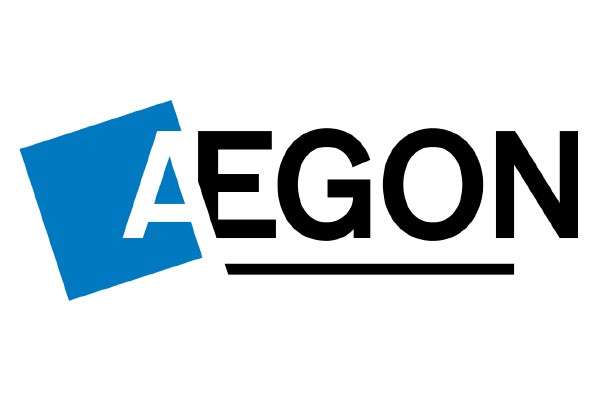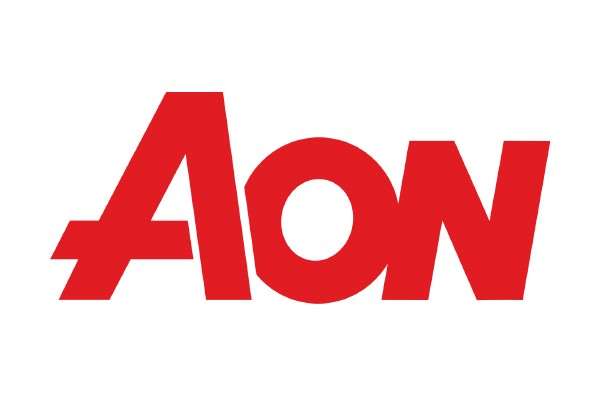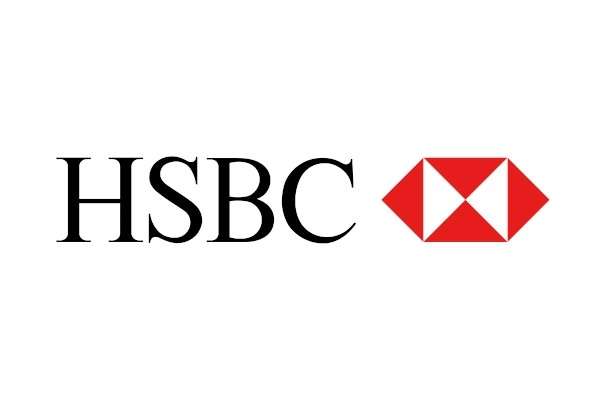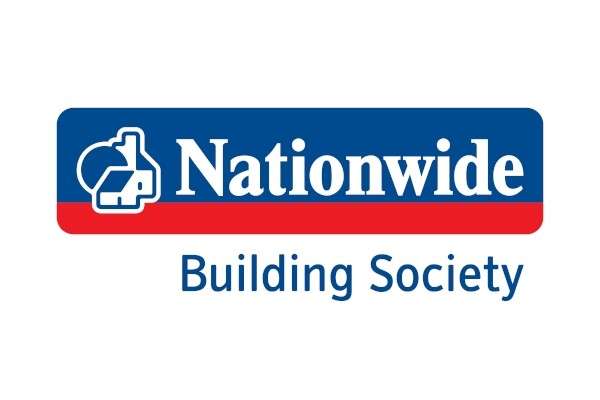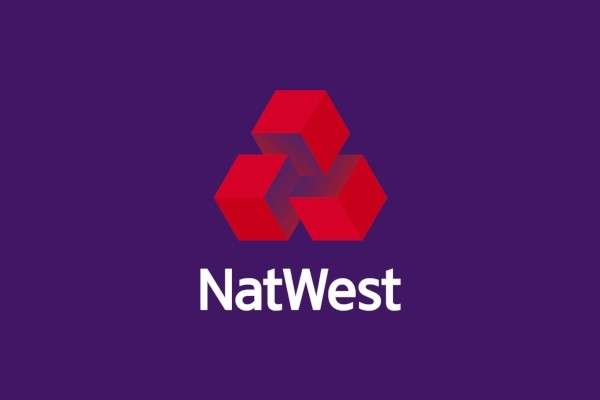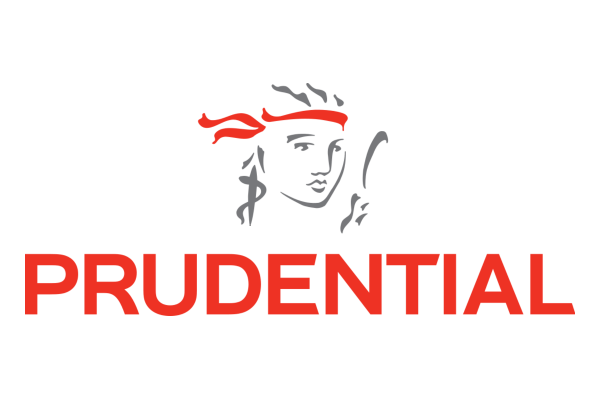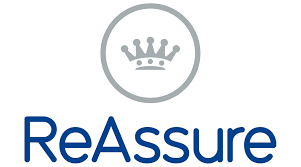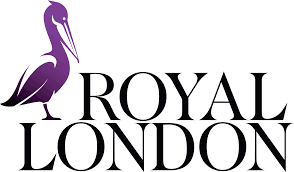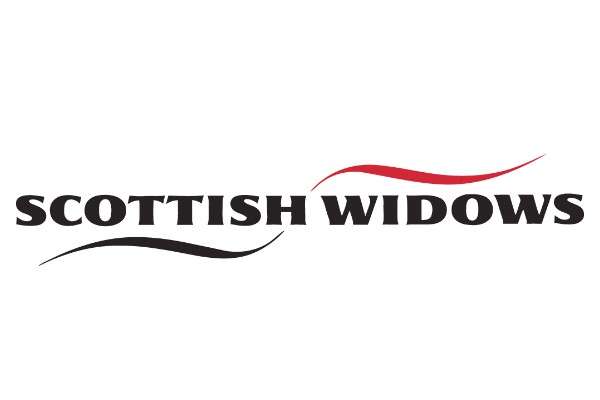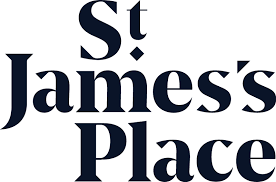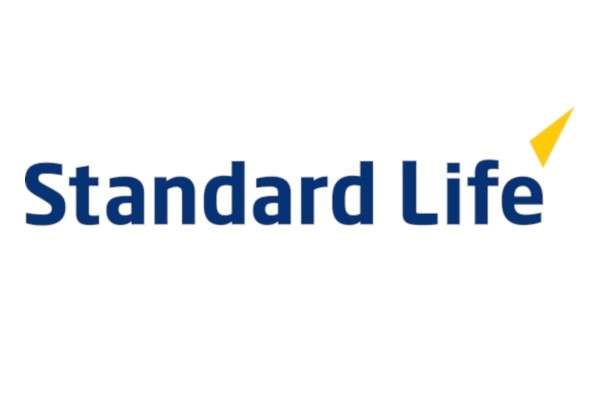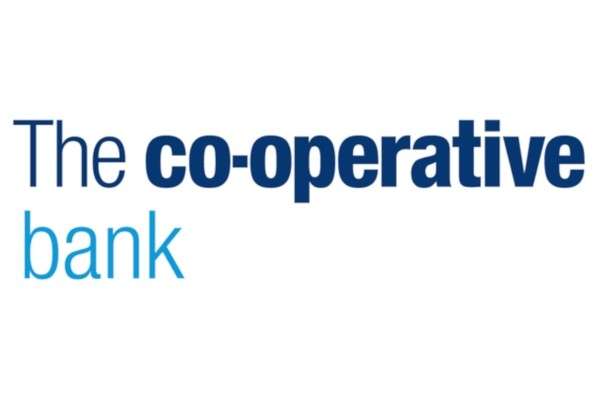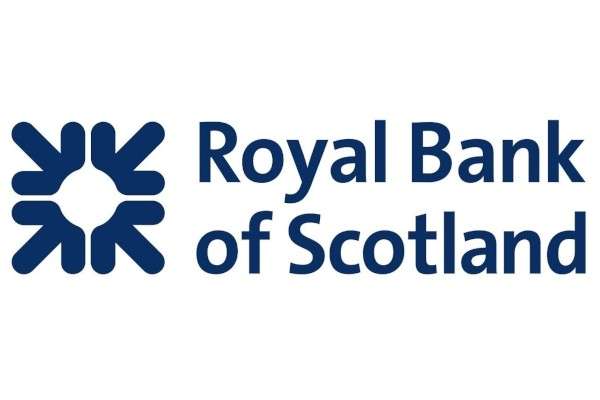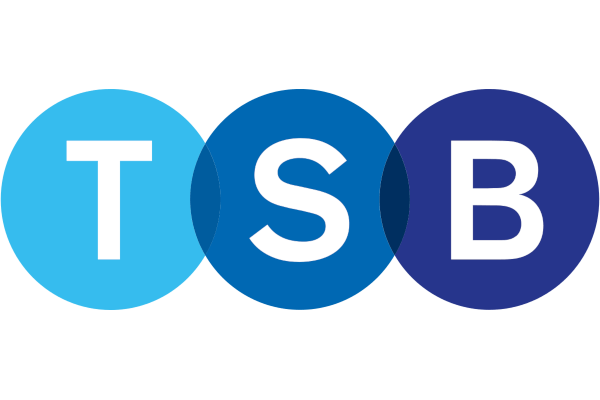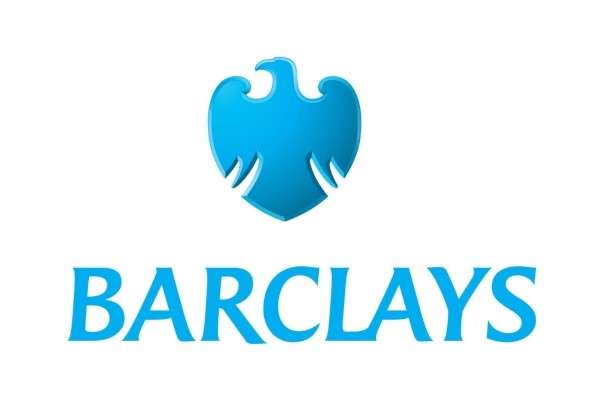
Occupational Pensions
Workplace and Occupational Pension Guide: What is a Final Salary Pension?
Find out everything you need to know about workplace, occupational and final salary pensions using our helpful guide.
Search for a Company to begin a Claim
What is a pension?
A pension is the money that you receive once you retire. For many people, this is the only thing they live on after they retire. The government provides a state pension for the majority of people that covers their basic needs. Many others also try to save their own money in a pension fund. Doing this will enable them to have a better standard of living after retirement.
When you start working, it’s important to know what type of pension scheme or support your employer will give you. Make sure to get basic information about what type of pension they provide and if you will be automatically enrolled in it.
What is a workplace pension?
A workplace pension is a type of pension scheme provided through employment. It is a way to save towards your pension by taking money from your wage. Sometimes employers might make contributions to their employees’ pension through the scheme. At times, employees will be automatically enrolled in the scheme, and their employer must also make contributions to the pension pot.
Simply, it is an excellent way of saving for your retirement that is arranged for and supported by your employer.
Some schemes will provide other advantages such as support for your spouse if you pass away.
The two main types of workplace pension schemes are occupational pensions and group, personal or stakeholder pensions.
Will I automatically be enrolled in a pension scheme?
In the UK, all employers must provide their employers with a workplace pension scheme. This is referred to as automatic enrolment. If you fall under specific criteria, your employer must automatically enrol you into their pension scheme and also make contributions for you.
You should be automatically enrolled in a pension scheme if:
- You are between 22 and the state pension age
- You do not already have a pension scheme
- They have not already enrolled you into a pension scheme
- You earn more than £10,000 per annum
- You usually work within the UK
Even though you will be automatically enrolled in these circumstances, you can opt out of the scheme if you wish. However, this will mean that you will lose out on the government and employer contributions to your pension.
How does a workplace pension scheme work?
With a workplace pension, a specific percentage of your salary is put into the scheme each payday. This happens automatically, and your employer will also contribute money into the pension scheme for you. You might also receive tax relief from the government. These contributions will continue as long as you are signed up to the scheme and until you finally do retire.
What is an occupational pension?
Occupational pensions are forms of workplace pensions. Similarly, they are set up by the employer to provide for their employees. The two main types of occupational pension are final salary schemes and money purchase schemes.
What is a final salary pension?
A final salary pension is a scheme offered by employers with defined benefits. The benefits you get will depend on how much you earn and how long you have been a member of the scheme.
In this type of scheme, your pension will be linked to your salary as you work. This means it will also automatically increase as your pay rises. Your pension will be based on your salary at retirement and how long you have been on a particular scheme. It will not depend on how the stock market performs or on any other investments.
In the majority of final salary pension schemes, you will pay a specific percentage of your wage into your pension pot. Your employer will then pay the rest. It is an excellent idea to join a final salary pension scheme if your employer does offer one.
In recent years, final salary schemes are becoming less popular as many employers do not offer them anymore. Many of these schemes have also been closed to any new members.
How does a final salary pension work?
In most cases, a Board of Trustees will manage the final salary pension scheme on behalf of the employer. They will be responsible for all parts of the scheme such as paying benefits to the retired members. A scheme administrator also runs the day to day management of the
scheme.
Usually, a final salary scheme will give you an income when you retire that is based on a proportion of your final salary. This does not mean that the actual salary you earn at the time you retire will be what you receive. Rules of the pension scheme will clearly define what your salary and earning mean. It will also tell you how they will calculate your final salary.
Some final salary pension schemes do not count earnings such as commission, bonuses or overtime pay within your final salary. So the amount of your earning used to calculate your benefits will be called your pensionable earnings.
Each year, a recalculation of your pensionable earnings is taken. This is to account for any changes you may have had in your pay. When you retire and receive your pension benefits, a final pensionable earnings calculation is taken. This is under the rules of the particular final
salary scheme.
Should I enrol onto a pension scheme?
Workplace pension schemes are a great way of saving up for the day that you finally retire.
It is especially good because your employer also contributes to your pension pot as well. If you are not automatically enrolled in a scheme, it is well worth looking into and signing up for a workplace pension scheme.

